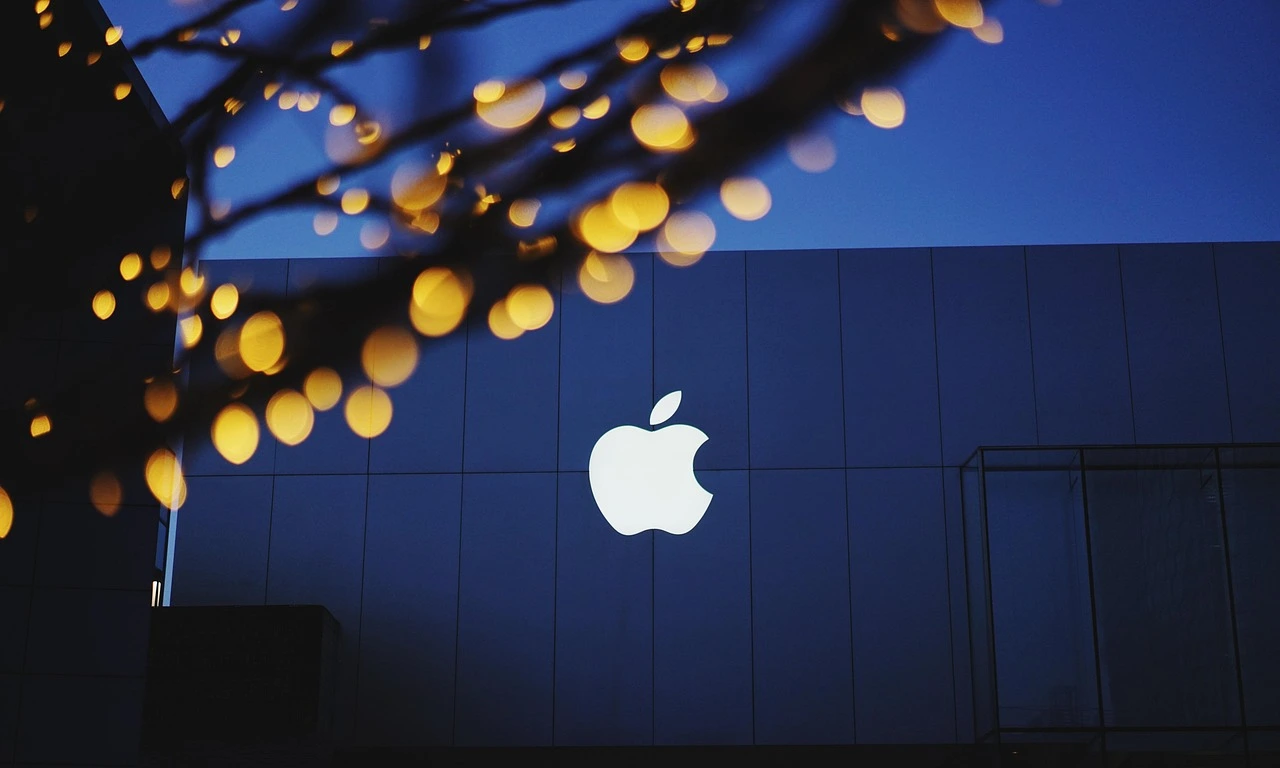Apple’s Answer Engine: ChatGPT Rival in the Works

Apple is working on a powerful new AI search tool, something that looks a lot like ChatGPT. And they’re doing it quietly.
Inside Apple, a new team called “Answers, Knowledge, and Information” is building what they call an answer engine, a system that can search the web and give direct answers to user questions. This marks a big shift for Apple, which has long avoided cloud-based AI systems like the ones used by OpenAI and Google.
Now, it seems Apple is ready to compete.
Let’s break down what this means, why it matters, and how it fits into Apple’s broader AI plans.
Apple’s Answer Engine: What It Is
Apple’s answer engine isn’t a product yet. It’s still in the early stages. However, the concept is straightforward: a web-based system that answers questions, much like ChatGPT, Perplexity, or Google’s AI Overviews.
This team is led by Robby Walker, who previously worked on Siri. He now oversees this new project, which includes backend systems and may eventually power a full-fledged search app.
Apple has also started hiring engineers to build this system, with open roles in both the US and China. These jobs focus on improving Siri’s ability to answer user-specific questions using large language models, the same kind of tech behind modern AI chatbots.
Why Apple Is Doing This Now
Apple didn’t just wake up one morning and decide to compete with ChatGPT. This move comes at a time when Apple’s AI strategy has hit a wall, and pressure is rising fast.
Here’s the bigger picture:
- Apple currently relies on a $20 billion-a-year deal with Google to make Google the default search engine on iPhones.
- That deal is under investigation by the U.S. Justice Department.
- If it falls apart, Apple will need a plan B, and fast.
At the same time, AI search is taking over. People are turning to tools like ChatGPT, Gemini, and Claude to get answers, skipping traditional search engines. Apple risks being left behind if it doesn’t act.
This new search team is Apple’s way of catching up and protecting its place in the future of search.
Siri’s Delays and the Fallout Inside Apple
To understand why Apple is building an answer engine, you also need to know what’s happening with Siri, and it’s not good.
Siri was supposed to get smarter this year. Those upgrades were planned for fall 2024. But due to engineering problems, they’ve been pushed back to spring 2026, with the updates now tied to iOS 26.4.
Here’s the reality:
- The new version of Siri works only 60 to 80 percent of the time.
- Apple hyped these features during the iPhone 16 launch, but most of them aren’t ready.
- Internally, staff described the situation as ugly, disappointing, and embarrassing.
Apple’s head of AI, John Giannandrea, was removed from Siri projects. Control was handed to Craig Federighi and Mike Rockwell, who leads the Vision Pro team.
In short, Siri has stalled. And Apple needs another way forward.
The Two Paths in Apple’s AI Strategy
Right now, Apple is following two different tracks in its AI plans.
1. Apple Intelligence – On-Device, Private, Limited
Apple Intelligence is focused on on-device AI. This means that most of the processing occurs on your iPhone or Mac, rather than in the cloud. It’s private, fast, and fits Apple’s brand.
But it comes with trade-offs:
- Limited storage and power
- No real-time access to the internet
- Can’t match the depth or flexibility of cloud-based models
In other words, Apple Intelligence is good for basic AI tasks, but not for searching the web or answering complex questions.
2. Answer Engine – Cloud-Based, Web-Crawling, Competitive
The new search team is going in the opposite direction. They’re building:
- A system that can crawl the web
- A tool that can generate real-time answers
- A platform that competes with OpenAI and Google Gemini
This means Apple may need to rethink its privacy-first stance or find a middle ground.
Apple’s Strategic Dilemma
Apple’s privacy pitch has worked for years. But now it’s facing a choice.
Stick with on-device AI that protects privacy but lacks power, or build cloud-based tools that compete with ChatGPT but collect more data.
The fact that Apple is even testing a search engine shows they know on-device AI isn’t enough.
Even Eddy Cue, Apple’s senior VP of services, admitted that search is changing. The world is moving away from traditional search engines and toward AI-driven answers.
What Happens Next?
Here’s what to expect in the coming months:
- Job postings and new hires suggest the project is moving fast
- Apple may quietly test early versions of the answer engine inside Safari or Spotlight
- If the Google deal falls through, this tool could become Apple’s default search option
It’s unlikely Apple will market it as a chatbot. They may bundle it into the ecosystem without calling it AI at all, just like they’ve done with Siri or Apple Intelligence.
But make no mistake, Apple is entering the AI search race. And they’re doing it with real urgency.
Final Thoughts
Apple rarely chases trends. But with the rise of AI search, they no longer have a choice.
The new answer engine project shows Apple understands that private, on-device AI isn’t enough. Users want smart tools that work in real time, across the internet.
Whether Apple can pull it off remains to be seen. But they’re finally in the game.
